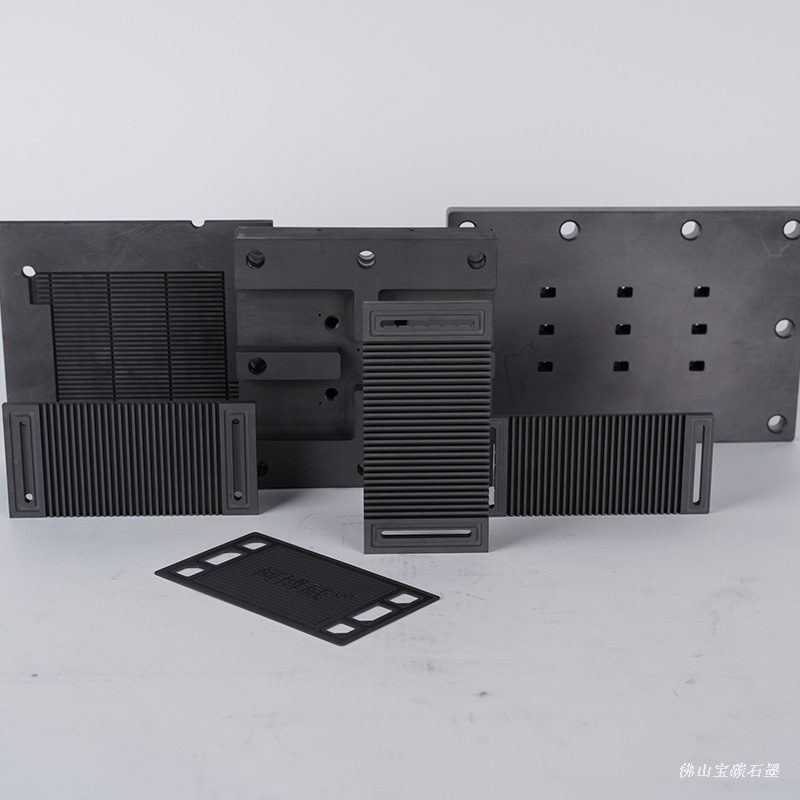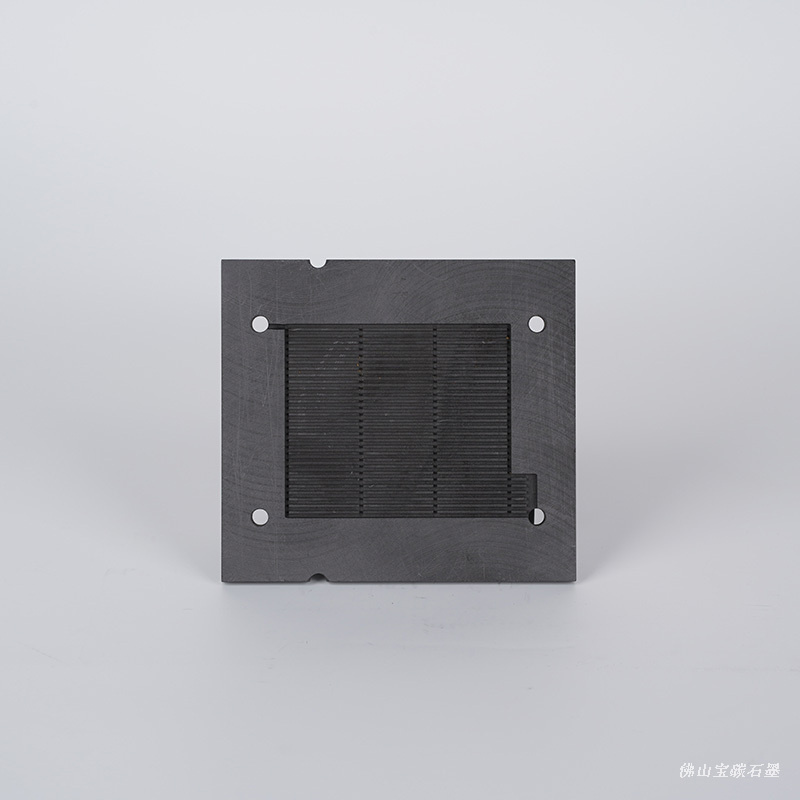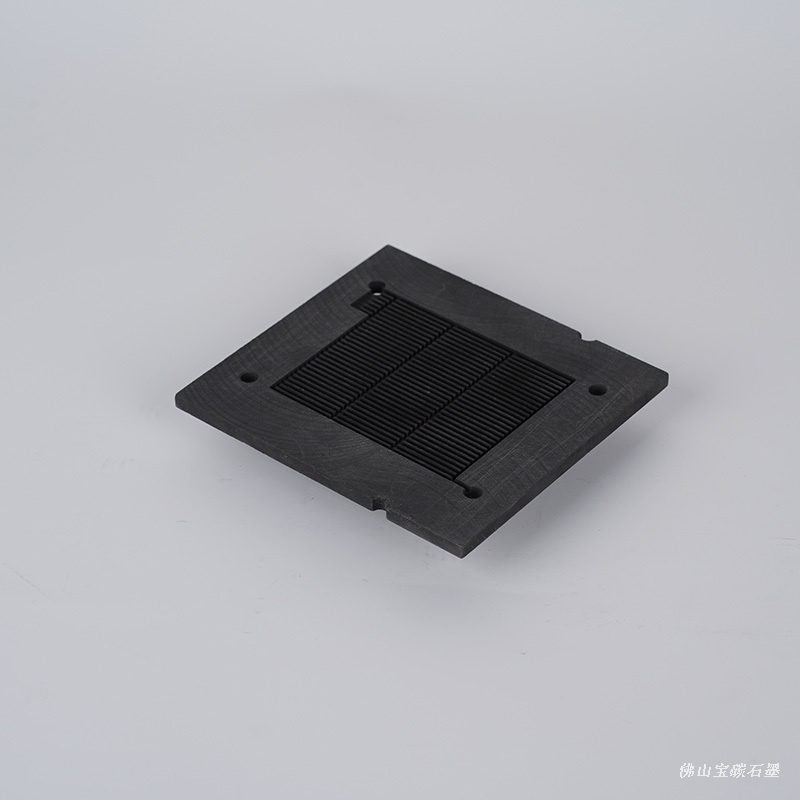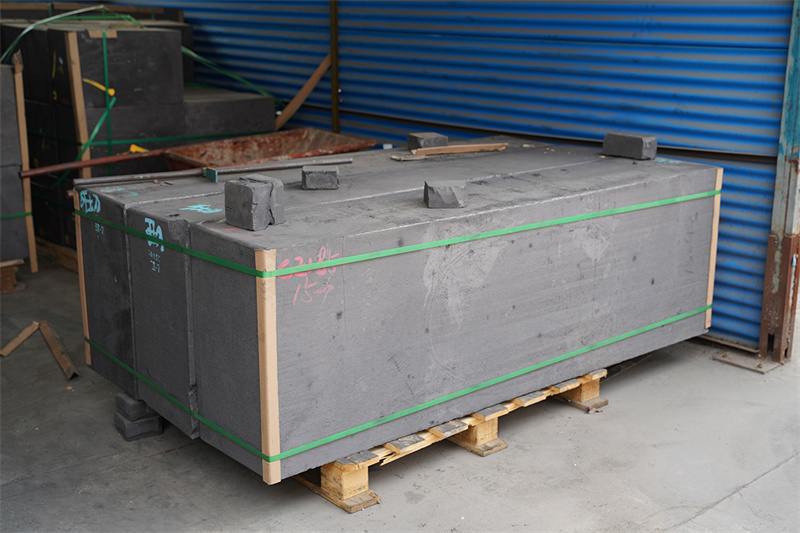The global push towards sustainable and eco-friendly transportation solutions has paved the way for innovative technologies. One such groundbreaking development is the hydrogen fuel cell board, a clean energy alternative that holds immense promise for the future of transportation.
Understanding Hydrogen Fuel Cell Boards
A hydrogen fuel cell board is an advanced propulsion system that utilizes hydrogen fuel cells to generate electricity for powering an electric motor. Unlike traditional batteries, hydrogen fuel cells produce electricity through a chemical reaction between hydrogen and oxygen, emitting only water vapor as a byproduct.
Advantages of Hydrogen Fuel Cell Boards
Zero Emissions: Hydrogen fuel cell boards offer a significant environmental advantage by producing zero harmful emissions during operation. Unlike conventional combustion engines, which emit pollutants such as carbon dioxide and nitrogen oxides, hydrogen fuel cells only emit water vapor as a byproduct, making them an eco-friendly alternative.
Fast Refueling Time: One notable advantage of hydrogen fuel cell boards is their fast refueling time, comparable to traditional gasoline vehicles. While electric vehicles often require hours to recharge, hydrogen fuel cell boards can be refueled in a matter of minutes, providing greater convenience for users.
Extended Range: Hydrogen fuel cell boards typically offer an extended driving range compared to battery-powered electric vehicles. With advancements in fuel cell technology and hydrogen storage, these vehicles can travel longer distances on a single tank of hydrogen, making them suitable for long-distance travel without compromising performance.
Lighter Weight and Faster Charging: Hydrogen fuel cell boards tend to be lighter than battery-electric vehicles, which contributes to improved energy efficiency and overall performance. Additionally, hydrogen fuel cell boards can be rapidly refueled, eliminating the need for lengthy charging times associated with battery-powered vehicles.
Versatility and Flexibility: Hydrogen fuel cell boards offer vehicle size and application versatility. They can be adapted for various types of vehicles, including cars, buses, trucks, and even drones, providing a flexible solution for different transportation needs.
Reduced Dependence on Fossil Fuels: Hydrogen fuel cell boards reduce dependence on fossil fuels by utilizing hydrogen as a clean and abundant energy source. Hydrogen can be produced from a variety of renewable sources, including wind, solar, and biomass, reducing reliance on finite fossil fuel reserves and mitigating concerns about energy security.
Quiet Operation: Hydrogen fuel cell boards operate quietly compared to traditional combustion engines. The absence of loud engine noises enhances the driving experience and reduces noise pollution in urban environments, making hydrogen fuel cell boards ideal for noise-sensitive areas.
Durability and Reliability: Fuel cell technology offers high durability and reliability, with fewer moving parts than conventional engines. Hydrogen fuel cell boards have demonstrated longevity and robustness in various operating conditions, resulting in reduced maintenance requirements and lower lifecycle costs over time.
The advantages of hydrogen fuel cell boards position them as a promising solution for achieving sustainable and efficient transportation systems in the future.
Applications of Hydrogen Fuel Cell Boards
Automotive Industry: Hydrogen fuel cell boards are gaining traction in the automotive sector, with leading manufacturers investing in research and development.
They are particularly suitable for commercial vehicles, buses, and trucks where long-range, fast refueling and zero-emission criteria are crucial.
Public Transport: The technology is well-suited for public transportation, providing an eco-friendly alternative to buses and trains. Several pilot projects around the world are testing hydrogen fuel cell-powered public transportation options.
Maritime and Aviation: Hydrogen fuel cell boards are being explored as potential solutions for reducing emissions in the maritime and aviation industries. Pilot projects are underway to evaluate the feasibility of hydrogen fuel cell technology in powering ships and aircraft.
Conclusion
The hydrogen fuel cell board represents a transformative solution in pursuing sustainable transportation. While challenges remain, ongoing research and development efforts, coupled with advancements in infrastructure, are paving the way for a future where hydrogen fuel cell boards significantly reduce our carbon footprint.
Crafted with precision using advanced materials, our hydrogen fuel cell boards exhibit exceptional durability, thermal stability, and corrosion resistance. You can enhance the efficiency and reliability of fuel cell systems with Koboi's hydrogen fuel cell board. Please feel free to contact us to discuss specific details, pricing, and volume discounts.





_853.jpg)
_867.jpg)
